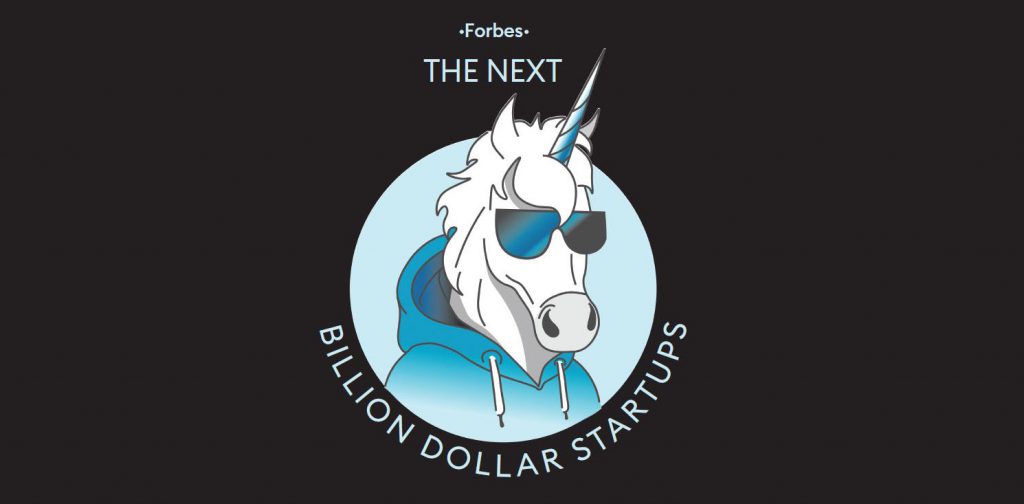In Israel alone, despite COVID-19 and the subsequent financial crisis, some 15 companies have become new unicorns in the past year. Although the path to the top is hard and winding — the trend does not show any signs of slowing down.
The most promising unicorns in Israel: almost a decade has passed since the term “unicorn” was coined as an iconic term and it seems that the glittering branding has been played out and the awe-inspiring mythical creature has become almost banal. In 2013, when the term was used for the first time in order to describe the phenomenon of private companies with valuations of over a billion dollars, there were only a few dozen such companies in the whole world.
These days, it is estimated that no less than 630 companies are have a nine-zero/ten digit price tag, with their aggregate value already crossed the $2 trillion dollar mark. In Israel, despite the pandemic and the subsequent financial crisis, or maybe even because of the coronavirus, some 15 new unicorns have popped up in the past year. The trend shows no sign of slowing down. At the end of the first quarter of 2021, there are already 17 new unicorns.
If we calculate the number of companies who will become unicorns in the coming years, even in the most optimistic estimates, it comes to less than one percent of the total number of companies — such that it is still a rather unusual milestone in the overall landscape. This special project features 15 Israeli companies who are expected to be granted the prestigious status of ‘Unicorn’ in the coming years.
The ranking was done as follows: we spoke with the managers of the leading venture capital funds in Israel, with proven activity and a clear record. They were asked to recommend four companies with the best chances of reaching a billion-dollar value, and only allowed to name one company from within their own investment portfolio. In total, some 120 companies were ranked, nominated by 55 different funds.
In the second stage, the Forbes Israel team integrated complementary information and data on the companies and ranked their chances of success according to an analysis of all of the parameters (venture capital recommendations and the empirical data) and in weighing the opinions of the team members, only the 15 leading and most promising companies were chosen for the final list.
As part of the many flagship projects and rankings that Forbes Israel carries out every year, as, for instance, Forbes’ 30 under 30, Forbes’ Small-Giants, or Forbes’ Power Women, our team is exposed to groundbreaking companies and entrepreneurs, dominant leaders in their fields and in unique, technological innovation.
No less than four CEOs of companies selected for the final list (4 out of 10), are alumni of the Forbes’ 30 Under 30 list. Another talented manager, Eynat Guez, founder of Papaya Global, was selected by us this year for the most influential women in Israel list — the company that she started was selected is in the compiling of the list: ‘Next Billion-Dollar Startups 2021’, but was “removed” when the company’s value grew to over $1 billion.
Remained off the list
Several of the companies which were certain candidates for the list did not manage to be included in it, but for good reason. They became official unicorns. Wiz, the cyber startup founded by Adallom and Microsoft’s alumni Asaf Rappaport, Ami Luttwak and Roy Reznik, along with Yinon Costica, raised over $250 million in three rounds in just one year. The last round, in March 2021, was worth $130 million and pushed it to a valuation of $1.7 billion.
Realizing their promise
Throughout the formulation of hte list of Israel’s next unicorns, a few startups selected for the project managed to complete sizeable rounds of fundraising, bumping their value beyond the billion-dollar mark and making them official unicorns.
One of them was Orca Security, a cloud security company founded by a group of eight Check Point alumni, headed by Avi Shua, the CEO, and Gil Geron, VP of product, that raised close to $300 million. In the last C round which was signed in March 2021, they completed an enormous funding round of $210 million, and are valued at $1.2 billion dollars.
Melio, an Israeli fintech company which developed a platform for digital payments for small businesses, founded by Matan Bar, Ziv Paz and Ilan Attias, completed a huge $110 million funding at the beginning of the year, which raised its value to $1.3 billion.
Additional companies that realized their promise include Drivenets by Ido Susan and Hillel Kobrinsky who developed a software and cloud management solution for telecom companies and brought in $325 million in funding, making it a unicorn, as well as the company Papaya Global, founded by Eynat Guez, Ofer Herman and Ruben Drong, which created a global platform for personnel and payroll management. The company announced fundraising of $100 million in March, reflecting a value of $1.2 billion.
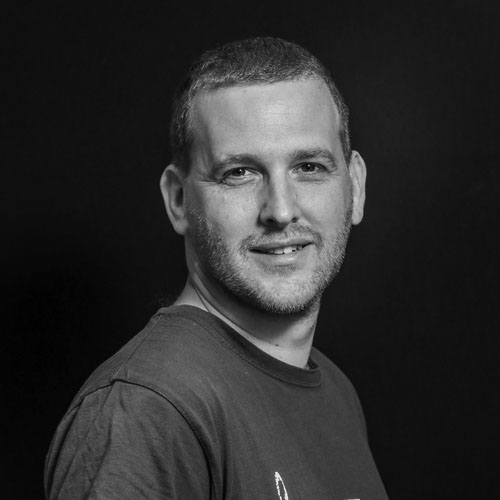
Founders: Yuval Kaminka, Igal Kaminka, Roey Itzkovitz
Total Funds: 43 million dollars
One cannot miss the grand piano on the stage in the center of the office building of JoyTunes in Tel Aviv’s Montifiore neighborhood. “It’s not that we are trying to show that we are a cool place,” explains Yuval Kaminka (39), the CEO and one of the company’s three founders. “Music is a major aspect of our work.”
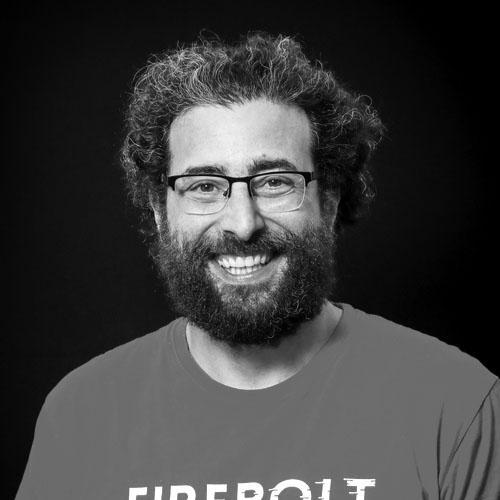
Founders: Eldad Farkash and Saar Bitner
Total funds: 37 million dollars
“There is a need for speed,” say Eldad Farkash and Saar Bitner, founders of the promising start-up Firebolt.The technology that they developed enables their users — primarily engineers and developers — to carry out analysis, at peak speed, for huge amounts of data — terabytes and sometimes petabytes (millions of gigabytes) of information
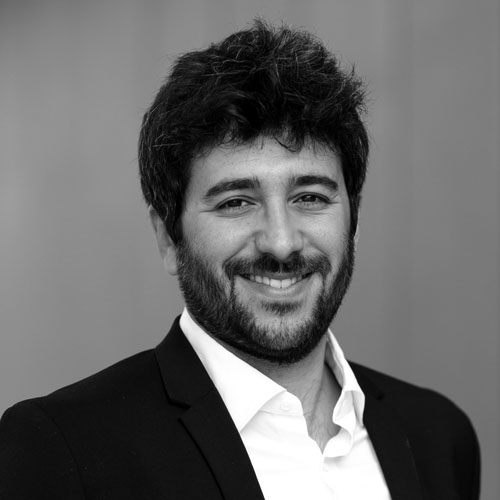
Founders: Yonatan Amir, Keira Redinsky and Moshe Shoham
Total Funds: 38 million dollars
“Throughout the pandemic we all saw what happened when there was a heavy load placed on the health system. In another ten years this load will naturally accumulate and reach similar dimensions to those that we saw during COVID-19,” predicts Dr. Kira Radinsky, acclaimed scientist and alumna of the Forbes 30 Under 30 list

Founders: Eyal Feder-Levy, Ido Ivri
Total funds: 21 million dollars
The digital platform, developed by the Zencity founders Eyal Feder-Levy (CEO) and Ido Ivri (CTO), uses artificial intelligence and big data to help create high-quality, focused and efficient information for the decision-making processes of community leaders — primarily heads of local authorities, heads of districts and various municipal organizations
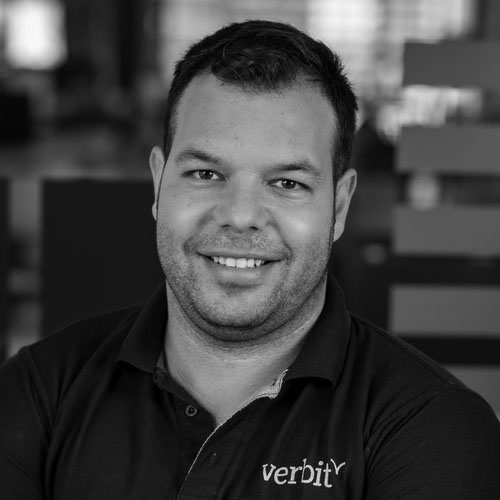
Founders: Tom Livne, Arik Shelef and Kobi Ben Zvi
Total funds: 122 million dollars
When he worked as a lawyer, Tom Livne would spend long hours at the courts and at the office reading transcripts. Writing transcripts of minutes, lawsuits, testimonies, or legal affidavits requires a lot of time and money resources. The strenuous work was done manually and, combined with the time pressure, was, naturally, a recipe for mistakes, the kind that in the world of law can be critical

Founders: Michael and Daniel Gabay
Total funds: 94 million dollars
When Amazon Go, the global commerce giant’s innovative supermarket chain, announced its festive opening of the first store with no cash registers, there was great excitement worldwide — but at the Gabay family residnece, brothers Michael and Daniel received the news with great distress. Pretty quickly, they recovered and understood how to use their advantage against competitors better

Founders: Michael Shaulov, Pavel Berengoltz, Idan Ofrat
Total Funds: 179 million dollars
The total value of digital currency crossed the 2 trillion dollar mark for the first time, and as of now, the crypto market is the ninth-largest economy in the world. The value of Bitcoin, the undisputed king of cryptocurrency, has soared in the past year and today is responsible for half of this enormous value – This is exactly the main crossroads in which Fireblocks is located in

Founders: Maor Shlomo, Or Tamir and Omer Har
Total Funds: 127 million dollars
For the founders of Explorium, Maor Shlomo, Or Tamir and Omer Har, the biggest analytical challenge that organizations and companies will deal with in the coming decade is finding suitable sources of information that will serve as a quality basis for business models. In the world of big data, the biggest weakness was determined to be in the quality of the data, and not necessarily in the refined capabilities of the algorithm that analyzes and processes them into business insights worth gold for companies
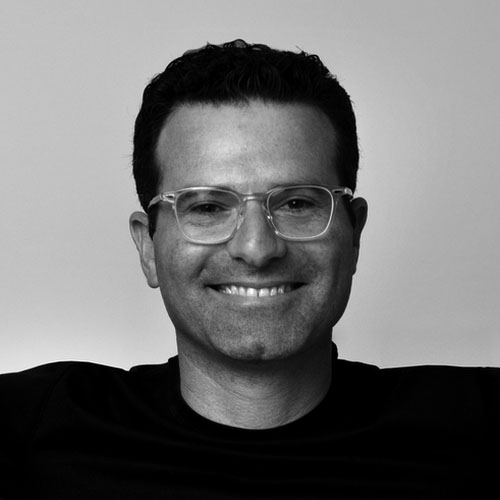
Founders: Alon Alroy, Boaz Katz and Eran Ben-Shushan
Total Funds: 195 million dollars
Last December Bizzabo, the startup which developed advanced technology for running online conferences, announced one of the largest rounds of funding recorded for the past year — 138 million dollars. This is not by chance. In the past year, as a result of the lockdowns and severe restrictions, there was a meteoric rise in the growth of virtual events online
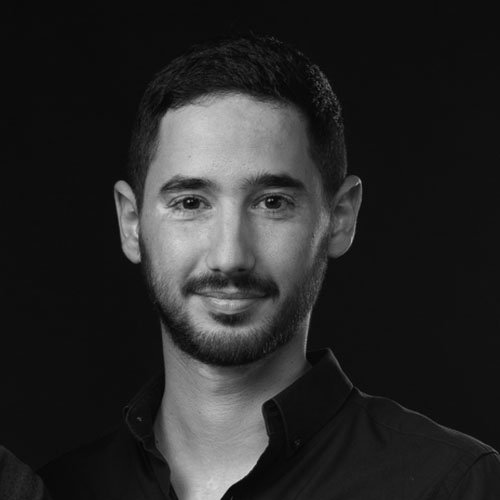
Founders: Dor Knafo and Gil Azrielant
Total Funds: 195 million dollars
The company, which was established less than three years ago, is growing meteorically and has already completed three rounds of funding to the tune of no less than $100 million. The founders, Forbes 30under30 graduates, met during their army service in the 8200 intelligence unit, and kept in touch, then later embarked on founding the promising start-up
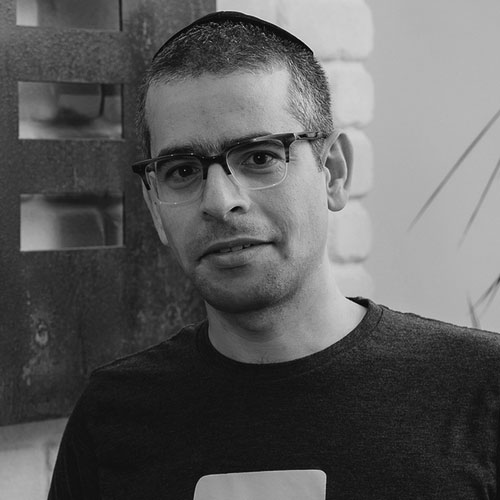
Founders: Yoni Luksenberg, and Ariel Klikstein
Total Funds: 16 million dollar
The website-building platform serves over 8 million users all over the world, with hundreds of thousands of customers. The pandemic forced many organizations to move their operations online — which created demand for the products of the company, which grew quickly and employs some 250 employees, most of whom are in Israel. This year, the promising start-up has been enjoying a rapid increase in the rate of annual revenue, which has jumped to $30 million

Founder: Gal Rimon
Total Funds: 66 million dollars
The company developed software to improve the performance of sales employees. The solution is implemented in 130 organizations which employ tens of thousands of employees and the company reports strategic clients such as IBM, Microsoft, HP, Unilever and BMW. The company raised 66 million dollars in three funding rounds, the last of which took place in March and was led by JVP and Intel Capital

Founders: Eyal Gura and Eyal Toledano
Total Funds: 52 million dollars
The company is considered an innovator in implementing deep learning medical technologies and as an industry leader in digital health. The algorithms that they developed provide cloud-based analysis of medical imaging through artificial intelligence and big data. The start-up is collaborating with various major health entities including Clalit Health Insurance (HMO), Canon Medical Systems and NHS, Britain’s national health service
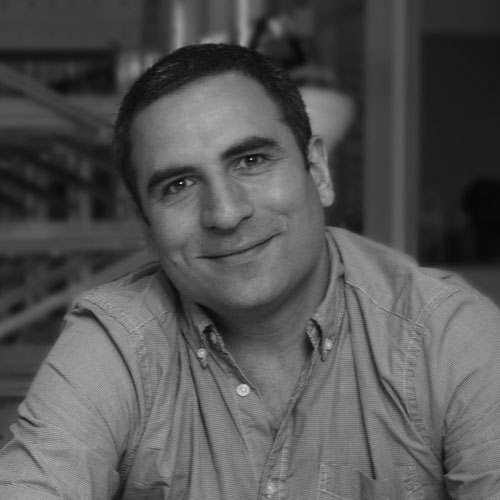
Founders: Shay Cohen, Ori Avraham and brothers Elram and Eyal Goren
Total Funds: 136 million dollars
The company is setting up facilities for networks based on robots and software for managing smart warehouses that make it possible to improve operational efficiency, reduce costs and improve customer service. The company employs some 150 people, most of whom are located in Israel, and they aim to lead a network of over 100 centers in the US and Israel in the coming years

Founders: Idan Ninyo and Eyal Mamo
Total Funds: 17 million dollars
The company offers a platform which enables corporations to manage their organizational applications and thus to have better control. The system is based on gathering information without software installation (agent-less) and operates in any environment, is implemented within minutes, and provides immediate insights. The company employs 20 people in Israel and the United States

